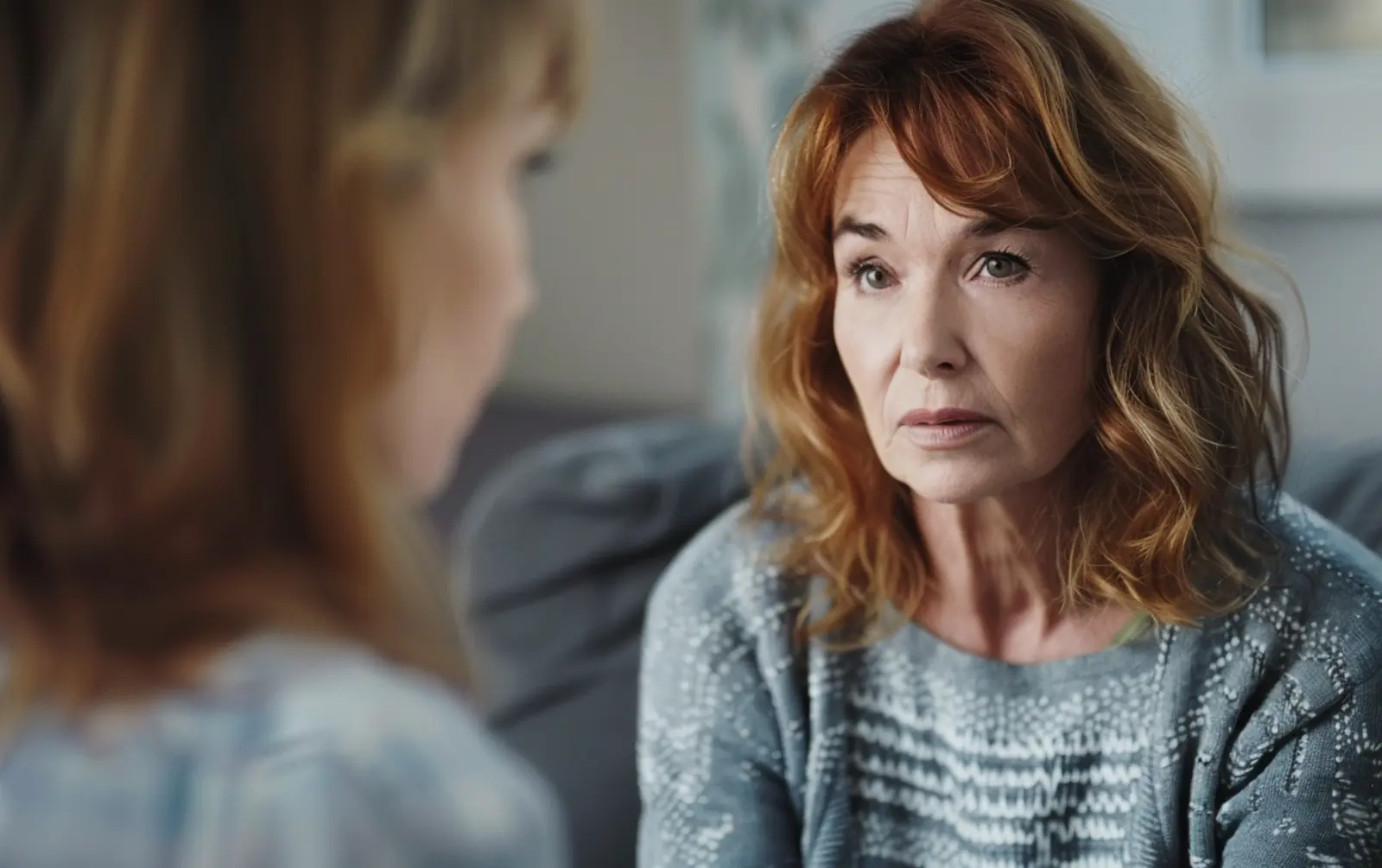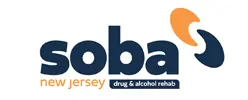How to Deal With a Drug Addict Daughter?
Written By:

Table of Contents
- Signs Your Daughter May be Addicted to Drugs
- Physical Signs of Drug and Alcohol Abuse
- Personal Relationships Affected by Drug Addiction
- Grooming Habits and Drug Use
- Types of Treatment Programs Available
- Long-Term Residential Drug Treatment Programs
- Inpatient Drug Rehabilitation Centers
- Outpatient Drug Rehab Programs
- Which Drug Rehabilitation Program Might Be Best for My Daughter?
- Getting Help and Learning How to deal with a drug Addicted daughter?
If you are worried about your daughter, you are not alone. You are among the thousands of parents who worry about their daughters. These parents know they have a daughter with drug addiction issues, and they are not sure how to help her. You may have a drug-addicted daughter living in your house. Or you may find out your daughter is using drugs while she is in college.
Either way, you need advice on how to help your drug-addicted daughter. You also need to know what treatment programs are available for addiction, rehabilitation, and recovery services. There are many rehab programs for young adults that parents can choose from.
Signs Your Daughter May be Addicted to Drugs
Researchers have found many signals that your daughter may be addicted to drugs. These signs help parents to decide whether their daughter has a problem with drug addiction. Sometimes it can be difficult to tell whether your daughter is abusing drugs, or whether she is addicted to drugs. While your daughter may be abusing drugs, and that is horrible in itself, it could be worse. Addiction to drugs means that your daughter cannot quit drugs without being sick.
In order to keep themselves healthy, many addicts must continue to take their drug of choice in order to function. This is the addiction. Your daughter cannot voluntarily quit the drug without going through withdrawal symptoms. If you are concerned that your daughter may be addicted to drugs, there are signs you can look for.
Physical Signs of Drug and Alcohol Abuse
There are physical signs that your daughter may have an issue with drugs. Depending on the type of drug she is using, some of these signs might not be obvious. First, if you look at your daughter’s eyes, you may notice that they may be bloodshot. Her pupils might also be dilated or smaller than the normal pupil size. You may also notice that she is also blinking her eyes rapidly.
Your daughter may have other physical signs as well. Her balance may be off, she may have trouble walking, or she may stumble. A drug-addicted daughter may also have slurred speech, or she may have trouble following a conversation. She could break off in mid-sentence as well. People who are addicted to drugs also change their food choices and appetites because of their addictions.
Your child may be eating more food or less food than you have seen her do in the past. Many people who use cocaine do not eat much. You may have noticed your daughter has experienced rapid weight loss or weight gain because of her drug use. If you think your daughter is misusing drugs, heaven forbid, you should be aware of what happens during and after a drug and alcohol overdose?
Personal Relationships Affected by Drug Addiction
Research has shown that addiction is very isolating. Your daughter may withdraw from friends and family. If she does not completely withdraw, you may have noticed that her friends have changed. She may tell you about the problems her new “friends” have had with the police. She may tell you that you do not understand what she is going through. Many times our children need to learn how to deal with peer pressure and drugs.
There is a special language that teens use with friends and on social media. Identify the slang words teens use to talk about drugs. If your daughter has some of the signs of drug addiction, we know you must be concerned about her future. When she was growing up, you were hoping she would realize her dreams and become something amazing. Now, those hopes are in jeopardy.
The good news is that your daughter can move on and have an amazing and drug-free life. However, in order to begin to make that move toward recovery, she will need to get treatment for her addiction. What types of treatment should you look at in order to get your daughter the help she needs? We have some examples of programs that are available to treat drug addiction.
Grooming Habits and Drug Use
Drug addicts are not concerned with their grooming habits. Are you worried that your daughter is a drug addict? Then, you may want to have a look at her appearance on a daily basis. Your daughter may have stopped bathing or showering. You may also notice that she no longer changes her clothes. In the past, your daughter may have been fastidious about her appearance. Now, she does not wear deodorant, makeup, or perfume. Her body or clothing may smell as well.
Types of Treatment Programs Available
The National Institute on Drug Abuse lists some types of treatment programs that are available for drug addiction. These programs range from long-term rehabilitation inpatient drug rehab centers to outpatient drug rehabs in New Jersey. Each of these treatment options has benefits. You will need to explore all of these options to decide what is best for your daughter.
Long-Term Residential Drug Treatment Programs
Long-term residential facilities allow your daughter to receive care 24 hours a day in a therapeutic community. She would live in the community from six to 12 months. Long-term rehab in New Jersey is usually for people who have tried other treatment programs and have not been successful. In addition, the courts can order long-term rehab in New Jersey. Treatment in long-term rehab centers involves the socialization of the individual. Many treatment centers offer very comprehensive services, which could include education and training, mental health counseling, and reintegration into society.
Your daughter may be suffering from alcohol addiction. You may have witnessed them going through withdrawal. They are feeling sick, stomach cramps, shaking, and much more. She may need to detox from alcohol. This is serious every time it occurs and there are some important things to know about when this occurs. Understanding “How long does alcohol detox take?” is vital information. If it takes longer than usual there may be other problems that will need to be addressed.
Inpatient Drug Rehabilitation Centers
Inpatient drug rehabs in New Jersey usually consist of a patient receiving treatment in a facility. The length of stay can last either 30 days, 60 days or 90 days. In general, patients receive therapy, as well as treatment for drug addiction. Like the long-term programs, clients may need to undergo a detox process from their drug of choice before starting treatment. After the patient has undergone treatment, she will then go to outpatient care. She will either stay at home or in a sober living house. Inpatient programs treat the underlying causes of addiction as well. One of these causes could include mental illness. Research indicates that inpatient drug rehab programs reduce the risk that a drug addict will relapse.
Outpatient Drug Rehab Programs
Your daughter may not need treatment and therapy in an intensive program. However, she could benefit from outpatient therapy and treatment programs. Outpatient drug rehab in New Jersey allows people to continue to work or go to school while receiving treatment. If your daughter has a strong social network and support, she may be able to benefit from outpatient treatment.
Many outpatient treatment programs focus on group counseling and support for your drug-addicted daughter. The programs help her stay connected to her world while offering her a path to sobriety. Outpatient programs may offer individualized drug counseling. there are drug rehabs in New Jersey options.
This usually has a more intense focus. In addition to individual counseling for drug addiction, the programs might also focus on group counseling. Outpatient services also connect addicts with services, including employment, education, mental health, physical health providers, and other community support.
Which Drug Rehabilitation Program Might Be Best for My Daughter?
Not sure which rehab program would be best for your daughter? Then, it may be a good idea to meet with treatment specialists, as well as therapists or counselors. We recommend this at our outpatient drug rehabs in New Jersey addiction treatment centers. People who know your daughter may also be able to provide some insight into what kind of treatment she needs. In general, if your daughter has only recently become addicted to drugs, she may benefit from outpatient therapy. This therapy might allow your daughter to live and work independently while receiving treatment for drug addiction.
Suppose, however, that your daughter has used drugs for a period of time or has tried outpatient drug rehab before. She may need to go into inpatient drug rehabilitation for either a 30-, 60- or 90-day stay. Then, she may be able to transition into outpatient care through a sober living house. Another possibility is for her to go to another outpatient rehab in New Jersey. If your daughter has been using drugs for a long time, she may need long-term rehab in New Jersey. This is especially true if she has been through the court system or has mental health issues.
Getting Help and Learning How to deal with a drug Addicted daughter?
For those seeking help, one of the first steps could be asking, “Is there a drug rehab near me?” Here at SOBA in New Brunswick, New Jersey, we have drug rehabilitation programs for substance abuse designed specifically to treat young adults. The young adults we treat are struggling with drug addiction. In addition, we provide help for families of drug addicts. SOBA has several options for young adults. One of our young adult drug rehabs New Jersey programs, the College Recovery Addiction Treatment Center, has a good success rate. The College Recovery Addiction Treatment Center designs programs for young adults and their families that fit their needs exactly.
SOBA offers clients the best treatment possible. We only use professional and experienced team members in our treatment programs. Each treatment team works hard to make sure that your daughter receives a program for her specific needs. Our programs emphasize both therapy and treatment for drug addiction and underlying issues that may make the addiction worse. Such issues include mental health issues. We want your daughter to live the rest of her life in sobriety, and we work to make that possible.


